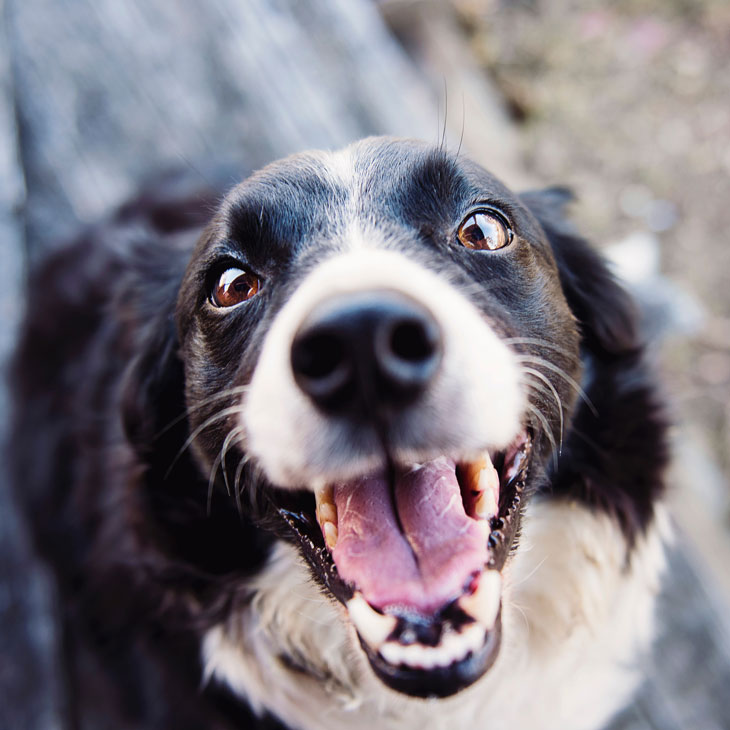
Zoonotic Diseases: You and Your Pets
Monday, July 9, 2018
Zoonotic diseases can spread from animals to people. Examples include brucellosis, E. coli infection, leptospirosis, ringworm, and salmonellosis to mention a few. Reverse zoonotic diseases can spread from people to animals. These include infection with the methicillin-resistant Staphylococcus aureus (MRSA) bacteria and some strains of influenza such as the H1N1 strain.
All pets should be vaccinated against rabies, which can be transmitted to other animals and people through saliva and bites.
Good personal hygiene and a few preventive steps can help protect you from unexpected gifts from pets.
Wash your hands frequently. This includes before eating or drinking and after handling your dog’s bedding, dishes, or toys. Always wash your hands after disposing of your dog’s excrement.
When you wash your hands, use soap and water or an ethanol-based hand sanitizer. Soap and water work best if your hands are visibly dirty.
Avoid letting your dog give you kisses on your face—especially on or around your mouth, nose, or eyes. If, despite your best efforts, you get a tongue lashing, wash your face.
If your dog is showing any signs of illness—diarrhea, vomiting, depression, staggering, or breathing problems—don’t walk your dog where other dogs or people frequent. Contact your veterinarian if symptoms persist.
Avoid free-roaming or unrestrained dogs. These dogs could transmit disease to your pet.
Distemper, parvovirus, kennel cough, and canine influenza are just a few diseases that can be spread from dog to dog. All dogs should be properly immunized against distemper, parvovirus, adenovirus and rabies. These viruses are easily spread and potentially deadly.
Also talk with your veterinarian to determine if your dog is at risk for Bordetella, leptospirosis, canine influenza and a few other diseases. There are vaccines that can help protect your dog. Discuss the risks and benefits of vaccination with your veterinarian.
Disease can be spread by direct contact between dogs, contact with the stool or urine of infected dogs, and using sticks, toys or equipment that other dogs have used. Even a person’s hands, clothes or shoes can transmit disease if that person had contact with an infected dog.
Always remember to collect and safely dispose of your dog’s waste. Wash your hands frequently with soap and water. If you have any questions about the health of your pet, consult your veterinarian.
by Elisabeth Giedt, DVM
